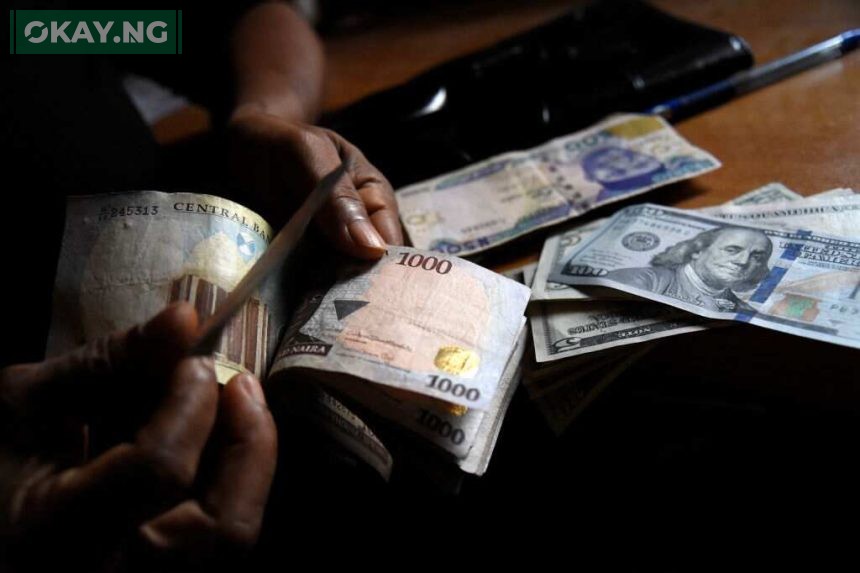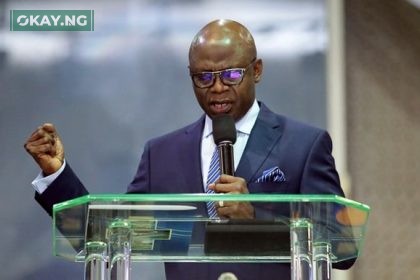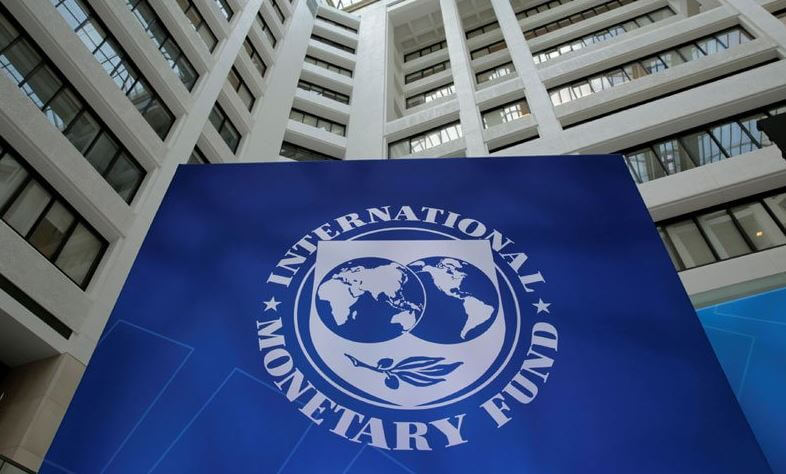The Nigerian naira experienced a notable divergence in its performance across the parallel and official foreign exchange (FX) markets this week. While the black market saw a substantial gain, the official rate remained remarkably stable, driven by increased liquidity within the Nigerian Foreign Exchange Market (NFEM).
Specifically, the naira appreciated by 1.9 percent in the parallel market, commonly known as the black market, closing at N1,550 against the dollar on Friday. This represents a N30 gain from the previous week’s rate of N1,580. Conversely, the official NFEM window saw the naira remain relatively unchanged, closing at N1,536.82 per dollar, a slight shift from the previous week’s N1,536.89.
“The significant increase in FX inflow into the NFEM is a key factor influencing the stability we are seeing in the official market,” a financial analyst at Coronation Merchant Bank noted. Data from the bank indicates a substantial rise in FX inflow, reaching US$1.19 billion this week, up from US$1.10 billion the previous week.
A deeper analysis of the inflow sources reveals a significant contribution from the Central Bank of Nigeria (CBN). This week, the CBN accounted for 39.85 percent of the total inflow, demonstrating its active role in managing market liquidity. This is a substantial increase when compared to 14.29% of the total inflow that the CBN had contributed the week before. Other notable contributors include Foreign Portfolio Investments (FPIs) at 18.09 percent, non-bank corporates at 23.81 percent, and exporters at 15.67 percent.
Read Also: CBN Vows Crackdown as Naira Sees Minor Dip Amid Market Scrutiny
“The increased participation of FPIs and non-bank corporates signals a growing confidence in the Nigerian market,” I observed while reviewing the data. This influx of foreign capital plays a crucial role in stabilizing the naira and bolstering the overall FX market.
However, the official market did experience some volatility during the week, with the naira depreciating for three consecutive days, closing at N1,538.66 on Thursday, according to CBN data. This fluctuation highlights the dynamic nature of the FX market and the various factors that can influence currency values.
In the black market, the naira maintained stability against other major currencies. It traded steadily at N2,020 per pound, N1,690 per euro, N1,150 per Canadian dollar, and N215 per Chinese yuan.
The divergence between the black market gains and the stable official rate raises questions about the long-term sustainability of these trends. While increased FX liquidity provides a buffer, continued monitoring of market dynamics and policy adjustments will be crucial.
The implications of these fluctuations are significant for businesses and individuals alike. For importers, a stable official rate can provide some predictability in their operations. Conversely, the black market gains could offer short-term relief for those relying on parallel market transactions.
Ultimately, the stability of the naira is contingent on a multitude of factors, including CBN policies, foreign investment flows, and global economic conditions. As the Nigerian economy navigates these complexities, maintaining a balanced and transparent FX market remains paramount.












